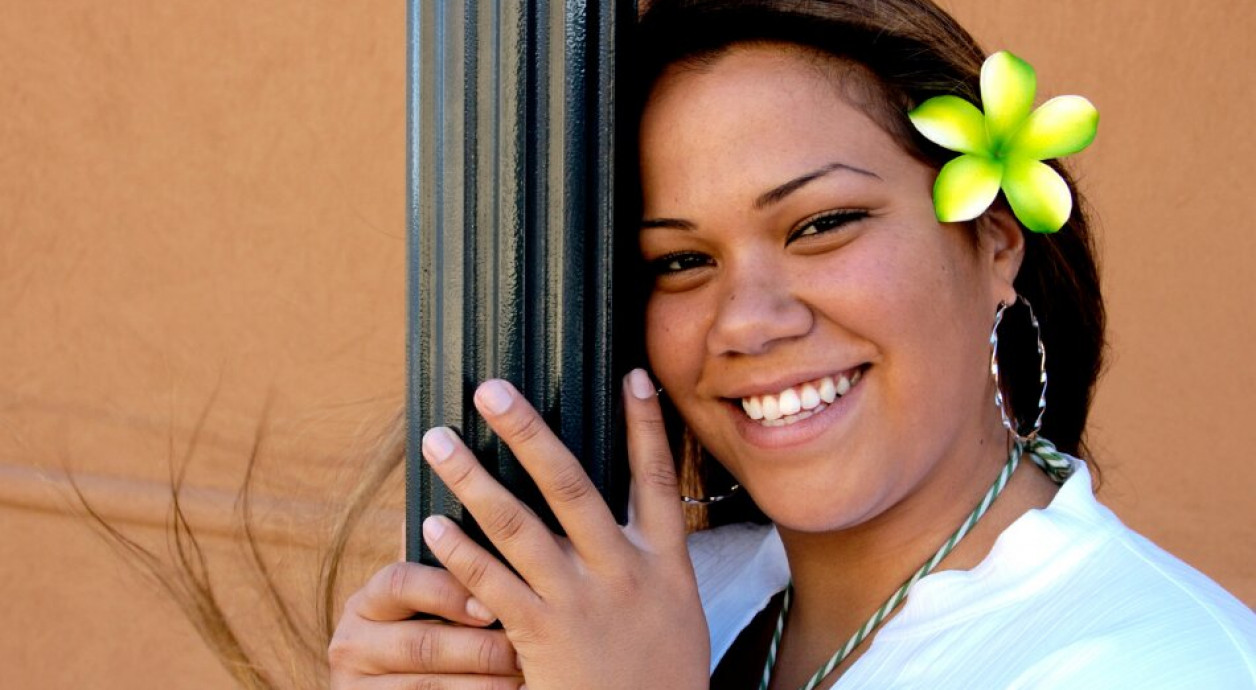
Talavou o le Moana – The health and wellbeing of Pacific secondary school students in Aotearoa New Zealand.
Talavou o le Moana presents an overview of the health and wellbeing status of 1,130 Pacific secondary students in Aotearoa New Zealand. This is based on findings from the Youth19 Rangatahi Smart Survey, the latest in the Youth2000 survey series conducted by the Adolescent Health Research Group (AHRG).
It summarises key findings for Pacific secondary school students in the areas of:
- ethnic and gender identity
- family and faith
- socioeconomic environments and housing
- education
- friends and community connections
- physical, mental and sexual health
- substance use
- healthcare access.
This report (published February 2024) gives a vital snapshot into the lives of Pacific young people. Pacific communities are instrumental in shaping Aotearoa New Zealand society now and in the future, especially as close to half (46.1%) of Pacific peoples are under the age of 20 years of age.
Key findings:
- Pacific young people are diverse – half have multiple ethnic identities.
- Most Pacific young people report positive relationships with family members, school and church communities.
- Most Pacific youth are happy, healthy, satisfied with their lives, and making healthy choices.
- However, Pacific young people are having to navigate socioeconomic inequities and injustices that are beyond their control – evident in significant housing and socioeconomic deprivation, clinically significant depressive symptoms, and experiences of racism.
- Pacific students also face major concerns in areas of wellbeing and health risks, particularly mental health, transport incidents, accessing healthcare and sexual health.
Talavou o le Moana highlights the strength and resiliency of Pacific secondary school students in Aotearoa New Zealand as well as the complexities they experience.
While Pacific students are thriving and connected in many areas of life, including family, schools and church, many are simultaneously having to navigate the harsh realities associated with deprivation, poverty and racism. These factors can have significant and detrimental impacts on health and wellbeing across the lifespan. For example, Pacific students from neighbourhoods with greater disadvantage and hardship were less likely to report that they had opportunities to show their talents and skills, compared to students from wealthier neighbourhoods.

